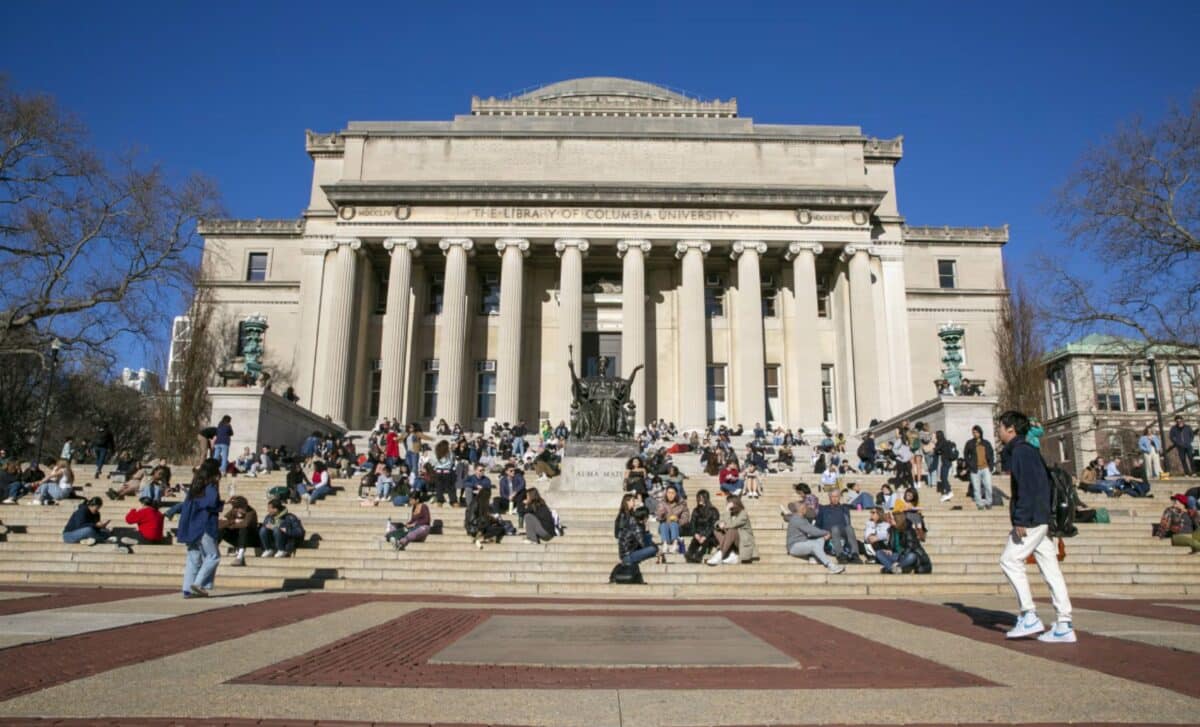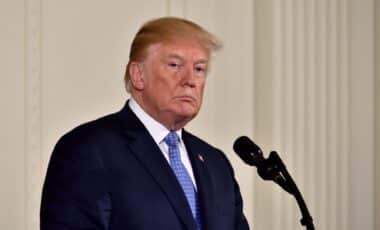Columbia University has agreed to unprecedented policy changes to secure the restoration of $400 million in federal funding, after the Trump administration withdrew the financial support.
This decision follows a dispute over the university’s handling of student protests related to Israel’s war in Gaza, a move that has left faculty and researchers caught between political demands and their academic pursuits.
The decision marks a significant shift in the relationship between Columbia and the federal government, with some seeing it as a necessary step to safeguard vital research funding.
However, many faculty members and researchers have expressed concern that the university’s concession could harm academic freedom, with their work now entangled in a political standoff.
The Funding Cut and Its Impact on Research
The $400 million funding cut to Columbia University, enacted by the Trump administration, has sent shockwaves through the academic community. Researchers at the institution, particularly those in scientific and medical fields, have been left grappling with the potential collapse of their ongoing projects.
One notable example is Dr. Dani Dumitriu, a researcher focusing on the long-term health of children born to mothers who contracted COVID-19 during pregnancy. According to Dumitriu, the funding cut has halted crucial studies involving brain scans of young participants, leaving her team in a difficult position.
The financial cut also disrupted research into other important areas such as cancer treatment and rural water quality. Dr. Andrew Lassman, a brain cancer specialist at Columbia, stressed the human toll of the cuts, noting that the decision could force researchers to make painful choices about which experimental treatments to prioritise.
“Young, old, Black white, Republican, Democrat — cancer doesn’t care.” Lassman stated, underlining the broader implications of diverting attention from scientific advancement.
The University’s Response: A New Era of Policy Changes
In an attempt to restore the funding, Columbia announced a sweeping overhaul of its policies. These include changes to its student disciplinary process, restrictions on protests in academic buildings, and a new definition of antisemitism.
The university also agreed to place its Middle Eastern studies program under the supervision of a vice provost, with increased oversight of its curriculum and hiring practices. According to interim president Katrina Armstrong, these changes are vital to the university’s academic mission and essential for ensuring student safety.
Despite the official rationale, the moves have faced significant backlash. Faculty members argue that the policy changes are a dangerous compromise that undermines academic freedom.
Some have even taken legal action, with organisations such as the American Association of University Professors filing lawsuits claiming that the university’s decision infringes upon free speech laws.









